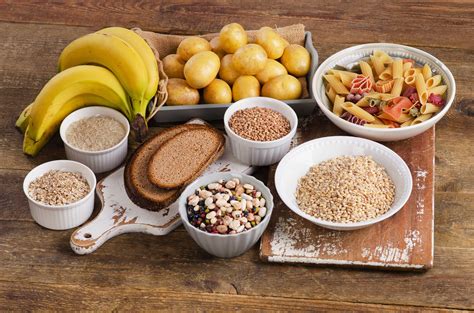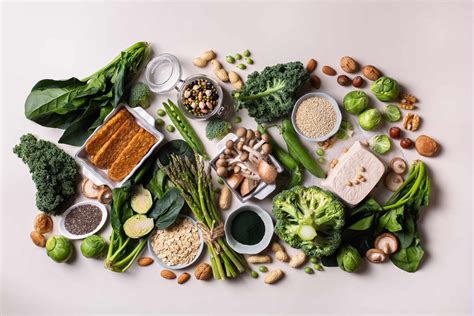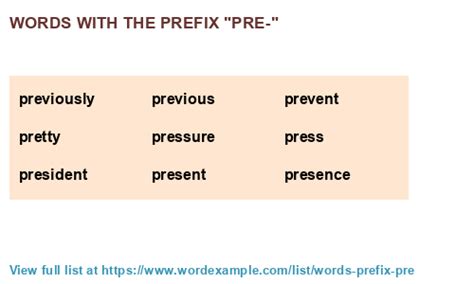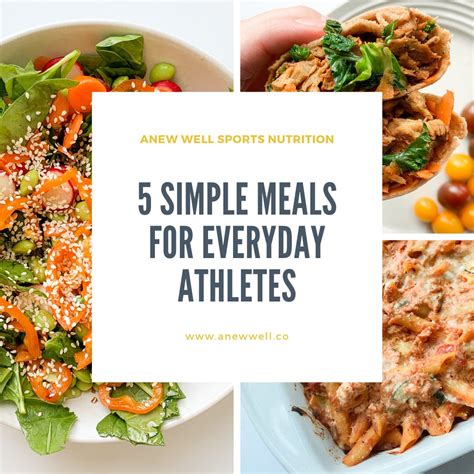Best pre-workout meal for peak strength & endurance?

Fueling Peak Performance: The Ultimate Pre-Workout Meal Guide
What you eat before hitting the gym or the track can significantly dictate the quality of your workout, impacting everything from your energy levels to your strength and endurance. A well-planned pre-workout meal isn’t just about avoiding hunger; it’s about strategically supplying your body with the fuel it needs to perform at its best, prevent fatigue, and kickstart recovery.

The Macronutrient Breakdown for Athletes
To optimize performance, your pre-workout meal should be a balanced blend of macronutrients, each playing a crucial role:
Carbohydrates: Your Primary Energy Source
Carbohydrates are converted into glucose, which is stored as glycogen in your muscles and liver. This glycogen is your body’s preferred fuel during high-intensity exercise. Opt for complex carbohydrates for sustained energy release.
- Complex Carbs (2-3 hours before): Oats, brown rice, whole-wheat bread, sweet potatoes. These provide a steady stream of glucose, preventing energy crashes.
- Simple Carbs (30-60 minutes before, optional): Fruit, a small amount of honey. These offer quick energy if you’re eating closer to your workout, but should be paired with other macros to avoid a sugar spike and crash.

Protein: Muscle Protection and Satiety
Protein isn’t primarily an energy source for workouts, but it’s vital for muscle repair and growth, and helps prevent muscle breakdown during intense exercise. It also contributes to satiety.
- Lean Proteins: Chicken breast, turkey, eggs, Greek yogurt, tofu, whey protein.
Fats: Sustained Energy (in moderation)
While fats are a concentrated energy source, they digest slowly, which can lead to gastrointestinal discomfort if consumed too close to a workout. Small amounts of healthy fats can be beneficial in meals eaten 2-3 hours before exercise, especially for endurance athletes.
- Healthy Fats: Avocado, nuts, seeds, olive oil.

Timing is Everything: When to Eat
The timing of your pre-workout meal is almost as important as its content. It dictates the types of food you can comfortably consume.
- 2-3 Hours Before: This is ideal for a larger, balanced meal containing complex carbs, lean protein, and a small amount of healthy fats. It allows ample time for digestion and nutrient absorption.
- 30-60 Minutes Before: If you’re short on time, opt for a smaller, easily digestible snack primarily focused on simple carbohydrates and a bit of protein. Avoid large amounts of fat and fiber.
Hydration: Don’t Forget Your Fluids!
Optimal hydration is critical for performance. Dehydration can impair strength, endurance, and cognitive function. Drink water consistently throughout the day, and aim for 16-20 ounces of water 2-3 hours before exercise, and another 8-10 ounces 15-30 minutes beforehand.

Optimal Pre-Workout Meal Examples
- For Strength Training (2-3 hours prior): Oatmeal with berries, a scoop of protein powder, and a sprinkle of nuts. Or, grilled chicken breast with a sweet potato and a side of steamed vegetables.
- For Endurance (2-3 hours prior): Whole-wheat pasta with a light tomato sauce and lean ground turkey. Or, a bagel with peanut butter and a banana.
- Quick Boost (30-60 minutes prior): A banana, an apple, a handful of dried fruit, or a small rice cake with a thin spread of almond butter.
- On-the-Go: Greek yogurt with a few berries, or a small smoothie with fruit and protein powder.
What to Avoid Before a Workout
To prevent discomfort and performance dips, steer clear of:
- Excessive Fats: Slow digestion can lead to sluggishness and stomach upset.
- High Fiber Foods (too close to workout): Can cause gas, bloating, and cramps during exercise.
- Novel or Spicy Foods: Stick to foods you know your body tolerates well.
- Large Portions: Overeating can divert blood flow to your digestive system instead of your working muscles.

Listen to Your Body: Individualization is Key
While general guidelines exist, everyone’s digestive system and energy needs are unique. Experiment with different foods and timings to discover what works best for you. Pay attention to how you feel during your workout and adjust accordingly. The goal is to feel energized and comfortable, not heavy or hungry.
Conclusion
The best pre-workout meal is a strategic balance of carbohydrates, protein, and moderate fats, timed correctly to support your specific workout goals. By prioritizing proper nutrition and hydration, you can significantly enhance your strength, boost your endurance, and achieve peak performance in every session. Fuel smart, train hard, and unlock your full athletic potential.








